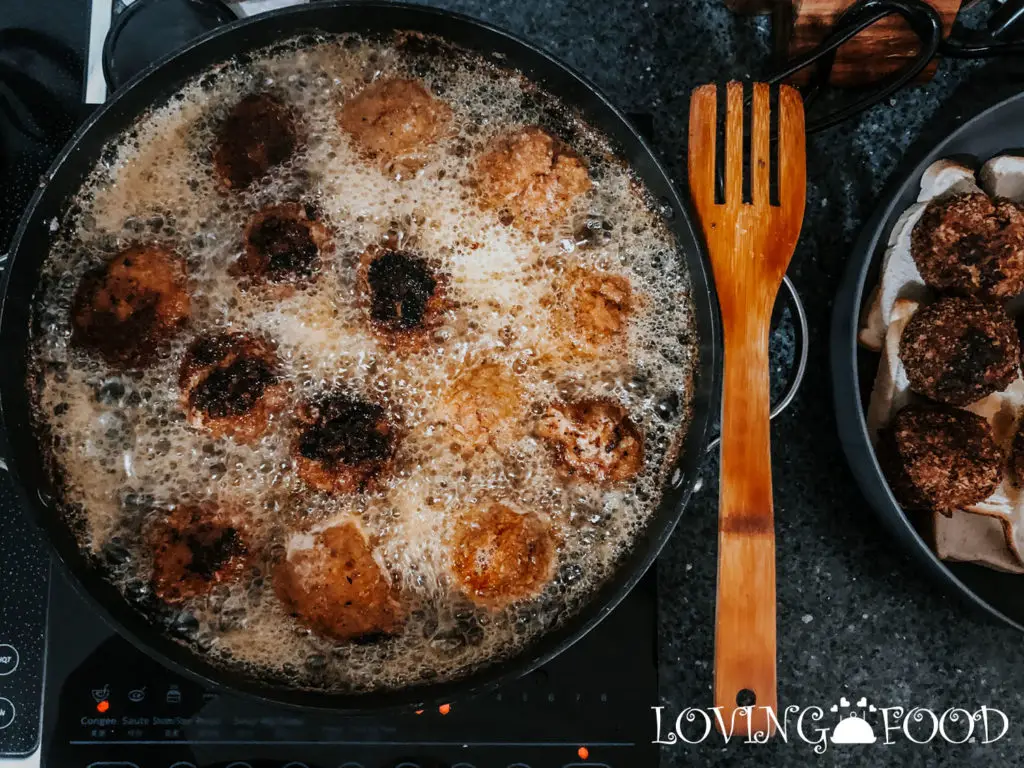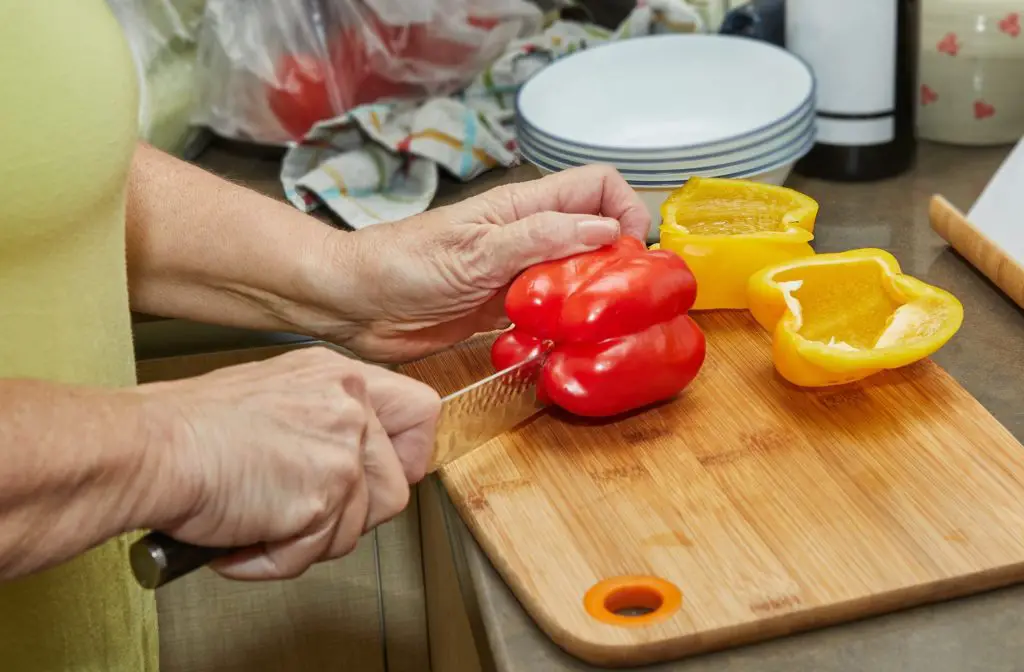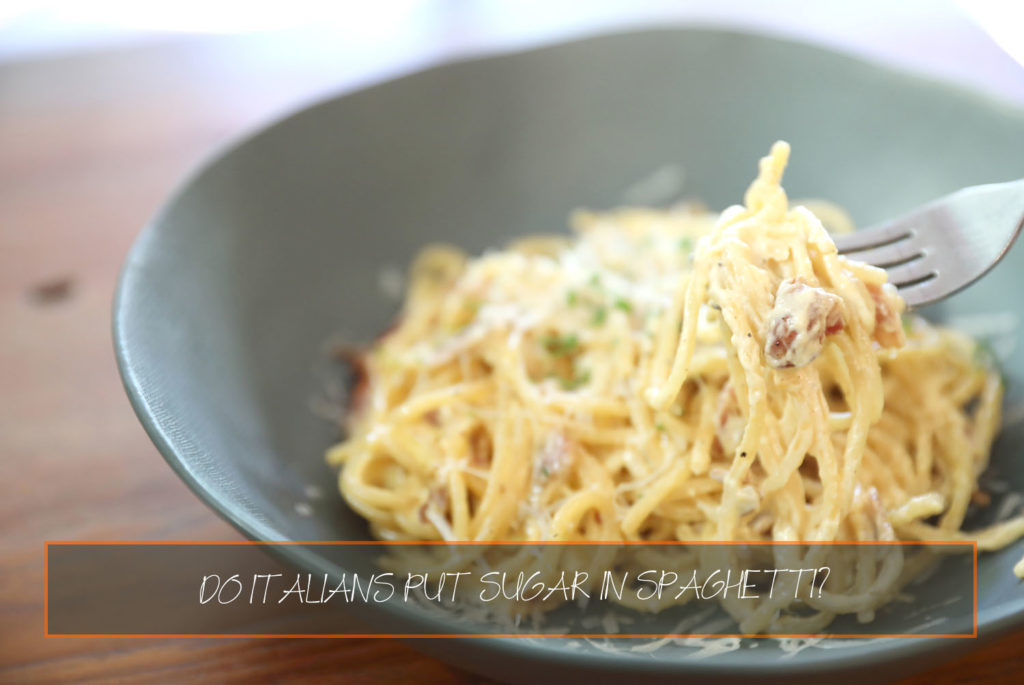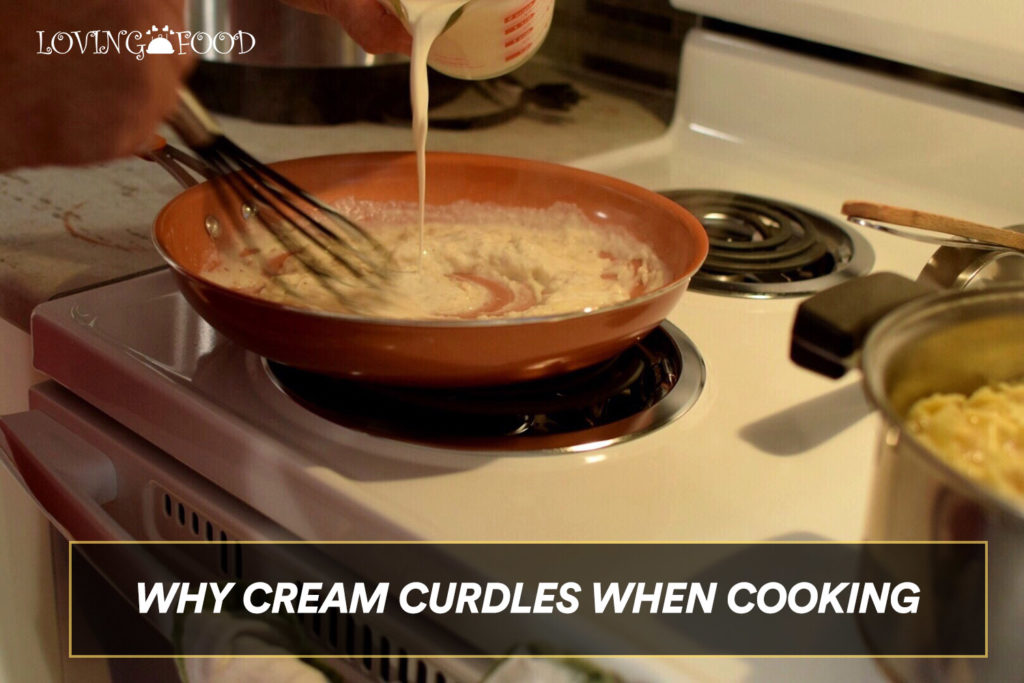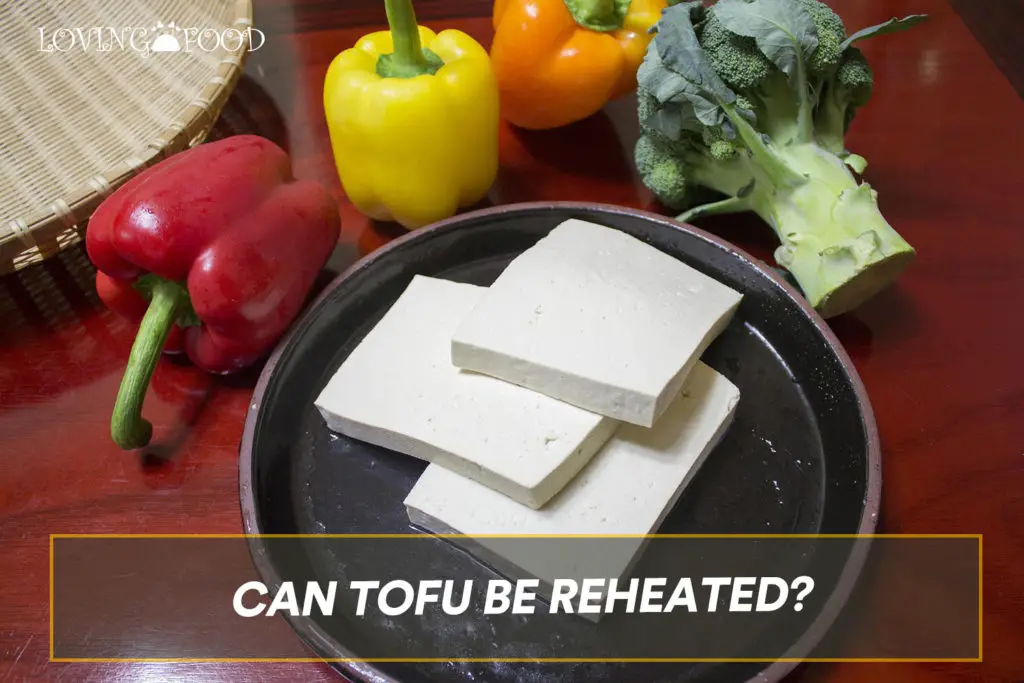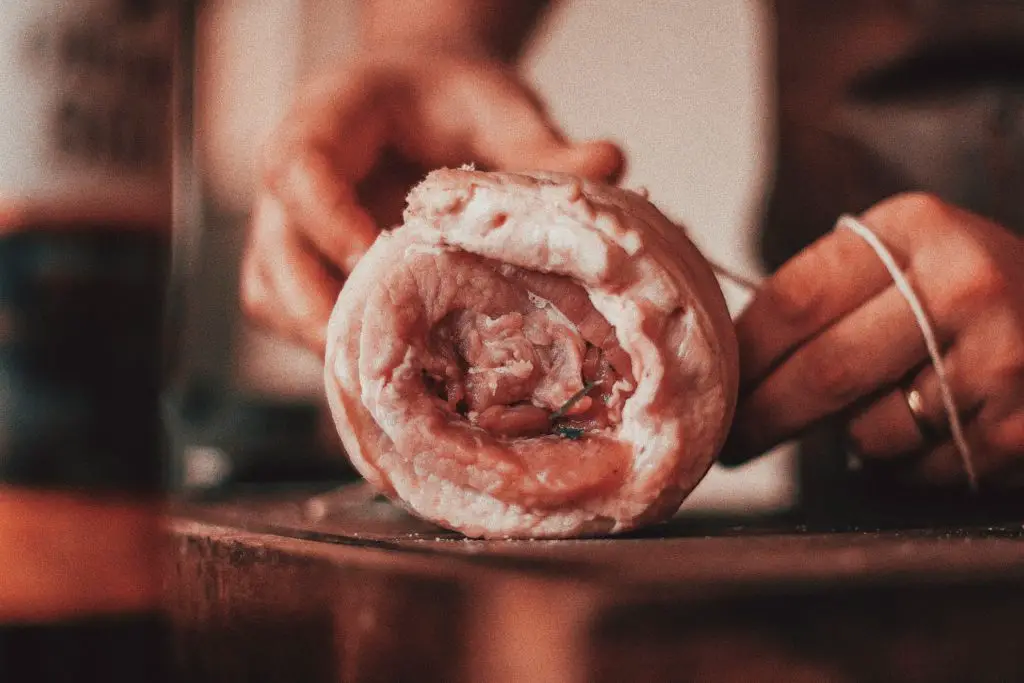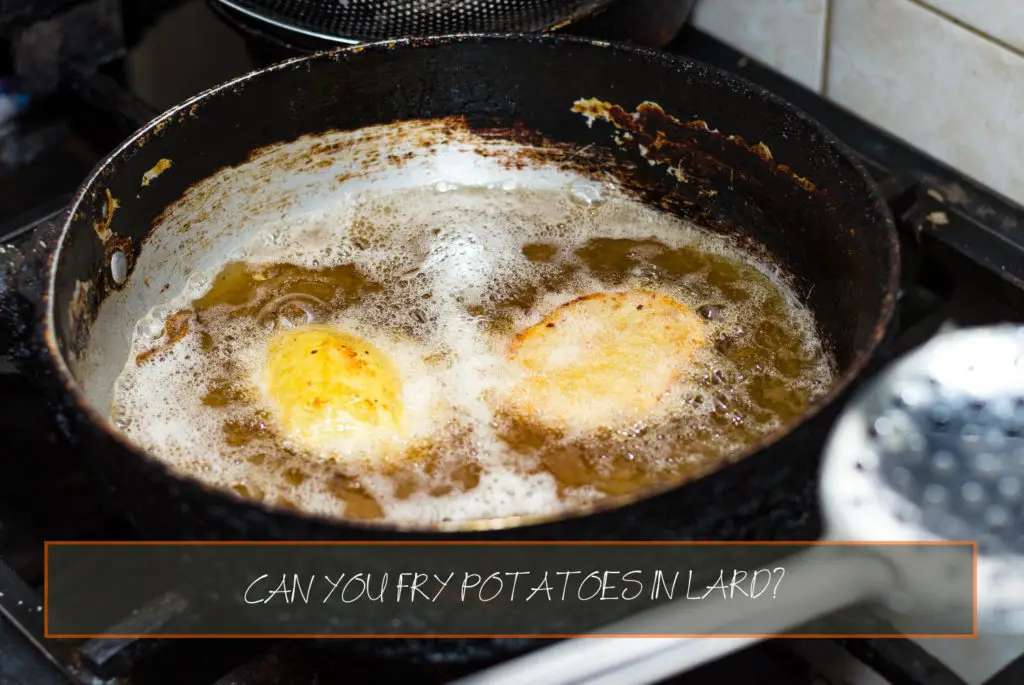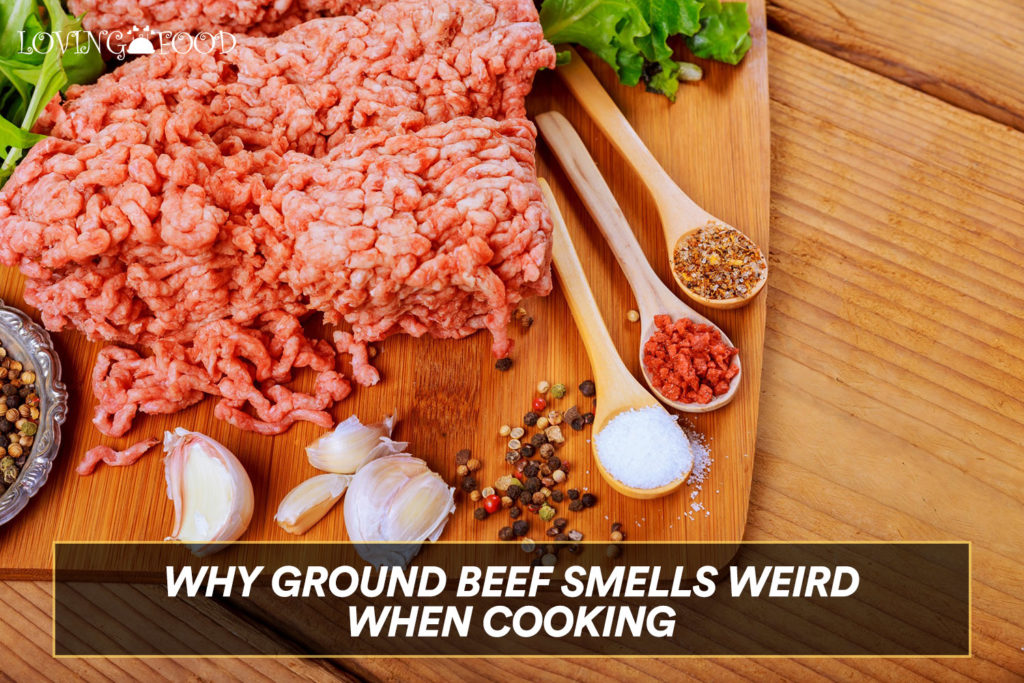Frying is a common and unavoidable practice in every home. You remember it mostly for when you want to make those emergency fries. This is why frying oil is an appreciated commodity in every household. “No oil, no fries”.
But why does cooking oil foam? It can be disturbing when your frying oil starts to foam. What went wrong? Is there a way you can stop the foaming? What does it mean? What should you do?
If these are the questions that brought you here, then you just used the right link. In this article, your eyes will be opened to reasons for your cooking oil foams, things you can do to prevent it, and all other details you should know.
Your cooking oil foams for one general reason: manner of use. It is either you used the oil carelessly or over-used it. Starting from the genesis, the primary reason is exposure to moisture, air, food build-up, and other contaminants. They later lead to oil foaming after excessive use.
NEW: Is Mustard Oil Safe For Cooking?
Why Cooking Oil Foams: Over-Use
Cooking oil is also a liquid, but it has no ‘moisture’ in it. Any cooking oil will foam when air is retained in it. This happens when you’re frying your food and the moisture in the food naturally begins to settle in the oil.
At the beginning of frying, as the cooking oil gets heated, the moisture starts to build upon the surface of the oil. As time passes and the oil has been well-used, the gradual penetration of moisture and air completely takes over the oil and the result is the foam that appears on the surface of the oil.
The Chain: Exposure to moisture, air > Over-use > Foaming of the oil.
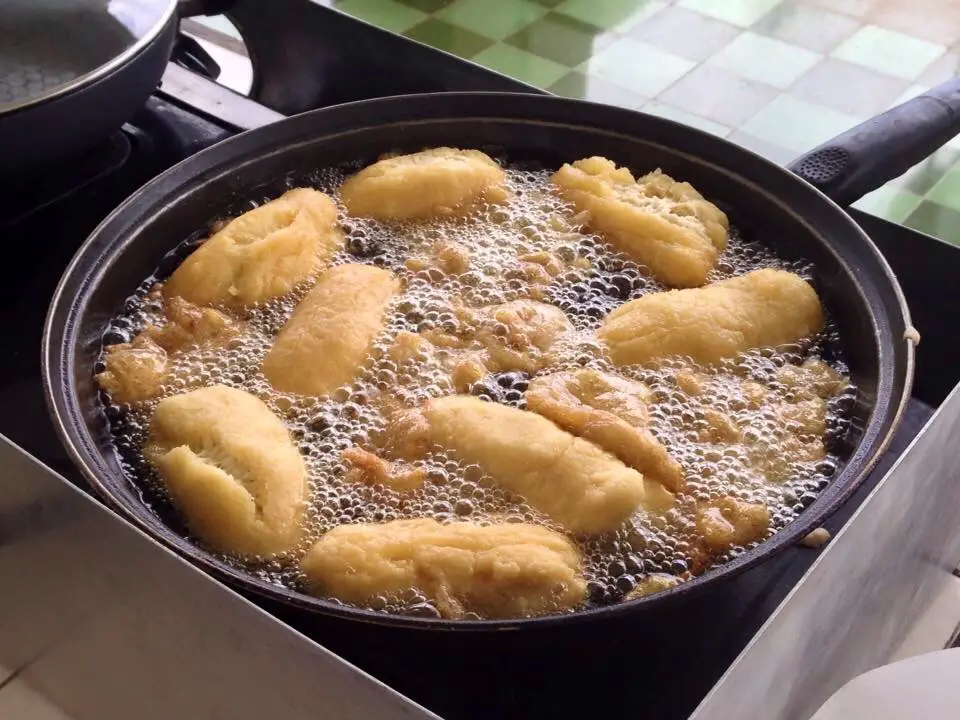
Why Cooking Oil Foams: Careless Use
The action of moisture (air) and over-use is the primary and simplest explanation of why oil foams, but there are other secondary reasons. Interestingly, every other reason that will be mentioned can be traced back to this singular factor.
Here are some other reasons why cooking oil foams:
1. Improper washing of pans
When you don’t wash your cooking pans well, residues from the detergent you used can affect the oil after it has come in contact with it. The oil is likely to foam afterward.
2. Wet pans
When you don’t dry your cooking pans before use, the moisture mixes with the oil and causes it to foam as earlier explained.
3. Low-quality oil
Impurities and oil are not friends. It leads to oil foaming. However, the quality of the oil also matters. Low-quality oils contain impurities that make the cooking foam degrade faster.
4. Use of iron frying pans and utensils
Cooking utensils made from copper and iron are easily prone to oxidation, releasing impurities into the oil. Research has it that using pans made from copper can reduce the consistency of cooking oils by an average of 30%.
5. Frying on high temperature
Your oil can get foamy when it starts overheating so extremely high temperature might likely be the reason why your cooking oil gets foamy.
6. Using unfiltered oil
If you’re doing large cooking and consistently frying in your cooking oil, you would mostly notice foams because a lot of air would’ve been trapped in the process.
How Do You Prevent Your Oil From Foaming
In a bid to prevent your oil from foaming, you need to watch out for how you use your oil. You mostly do not have to bother about your oil foaming, if you do the right thing.
1. Use deep-frying oil
Let’s start with the type of oil you use. As much as there are different oils suitable for cooking, not every oil is good for deep-frying. Choose oils that are specifically made for that purpose. A good example is peanut oil.
2. Wash and rinse your pans well
Ensure that you rinse your pans/frying vats well and there’s no left-over from the detergent you used on the pan.
3. Wash your frying vats with boiling water only
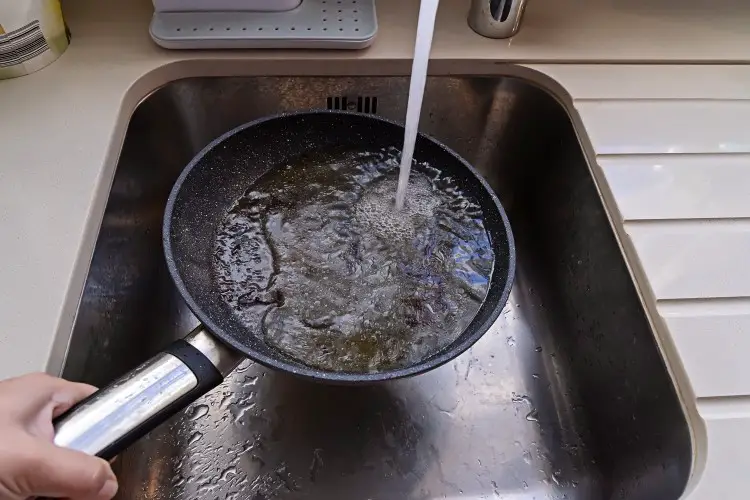
You shouldn’t use detergent at all when washing your frying vat, hot water is just fine.
4. Dry your frying pans and vats well after rinsing
You don’t need the moisture. Reduce moisture in food before frying.
As much as possible, you should reduce the moisture content in your food. If you’re frying fish or beef, for instance, put them in a sieve as you wash them so they’re drained to an extent before you start frying. In some cases like when you’re about frying yam or potato chips, you can dab the moisture away with a clean cloth.
5. Filter your oil often
We suggest that you filter your cooking oil after every use. Do this when the oil is cool at about 50°F. This helps to reduce the amount of air present in your oil.
6. Remove particles
You should remove any particle you notice on your oil while frying and even after. Failure to do this causes the build-up of impurities in the oil and increases the tendency of the oil foaming.
7. Reduce food coating
When you’re frying coated foods like crisp chicken, ensure that the batter isn’t too much.
8. Ensure Your Machine Is Off When Idle
Make sure your fryer is off when not in use, to prevent the oil from overheating.
What Should You Do If Your Oil Is Foaming Already
If your oil is foaming already, what you need are measures to save the situation, not preventive tactics.
- Try filtering the oil
- Allow the oil to cool. You could put off the fire for some time and then reduce the temperature after putting it on.
- Clean your cooking utensils. Dirt is also a form of contamination. Clean and dry them as often as you can.
- Change the oil. In some cases, you simply need to change the oil completely as it is suffering from excessive use and is no longer good.
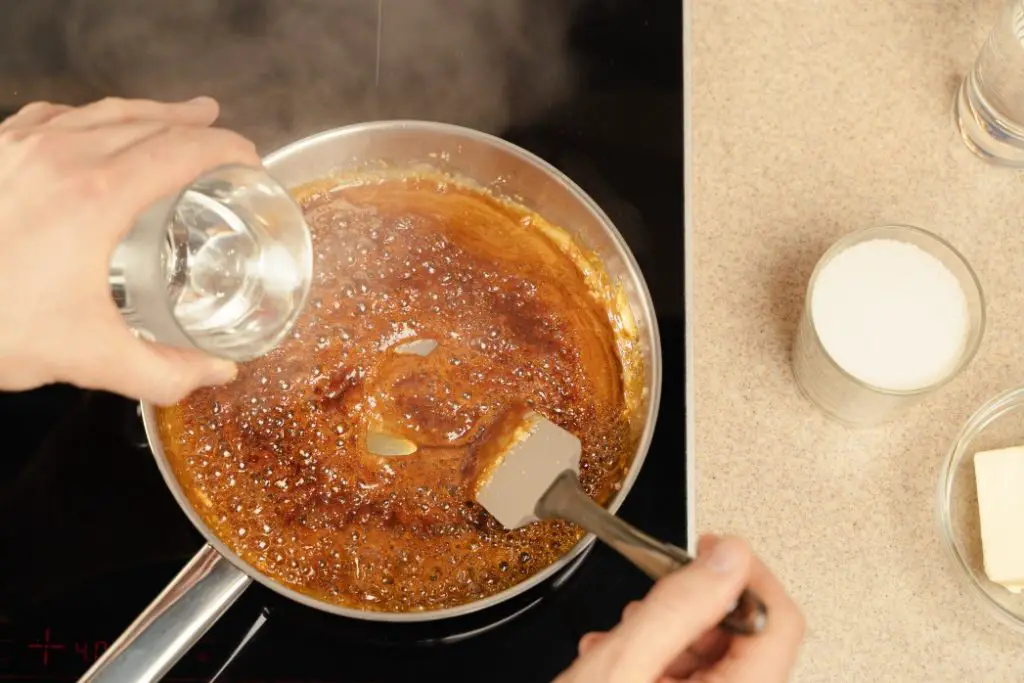
Is Foaming Oil Good?
Foaming oil is not bad. It suggests that the oil has come in contact with impurities. You could still use it once or twice more, but the oil is getting to lose its quality and consistency. The taste of your food begins to change at some point too. We suggest that you change the oil as soon as you can, especially when you know the oil has been over-used.
Is It Normal For Cooking Oil To Foam?
No, it is not normal to see those light-colored bubbles in your oil. A good oil without impurities will naturally not foam.
How Do You Keep Oil From Chin-Chin From Foaming?
Filter the oil often as you fry in batches to reduce the air trapped and get rid of residues left behind from the flour/coating. Tip: You could also sprinkle a little salt in the oil to reduce the foaming, as salt can absorb the moisture causing the scene, but we suggest you filter the oil.
Why Do My Eggs Get Foamy?
Eggs foam because it contains moisture like most other foods you fry. The oil gets foamy when moisture is trapped on the surface of the oil. Tip: Before frying, Your eggs get foamy because the white or albumen part has caught some air while you beating it.
Final Thoughts
You may be able to tell why your cooking oil is foamy if you pay attention to when the foam appears. If it happens earlier when you just start frying, it is most likely due to excess water or air. If it happens towards the end, it is possibly a result of overheating.
This may not come to your mind, but you should check the expiry date on your oil. Foaming can be a result of expiration.
Water and oil are not pals. We have seen consistently in the article that moisture is a major cause of oil foaming, so you should try to keep everything (frying vats, cooking utensils, the food) as dry as possible.
More cooking guides:
